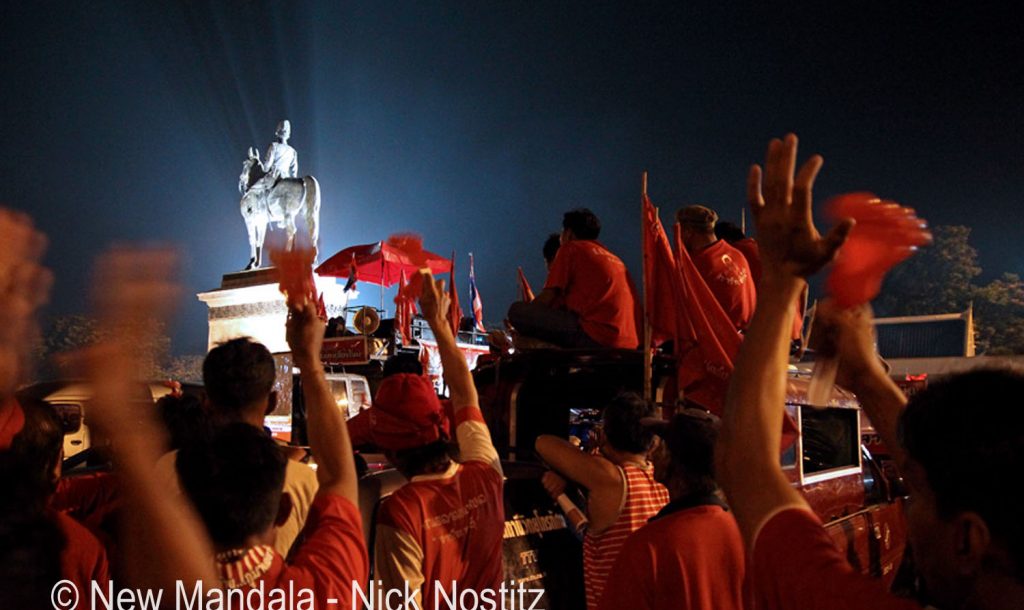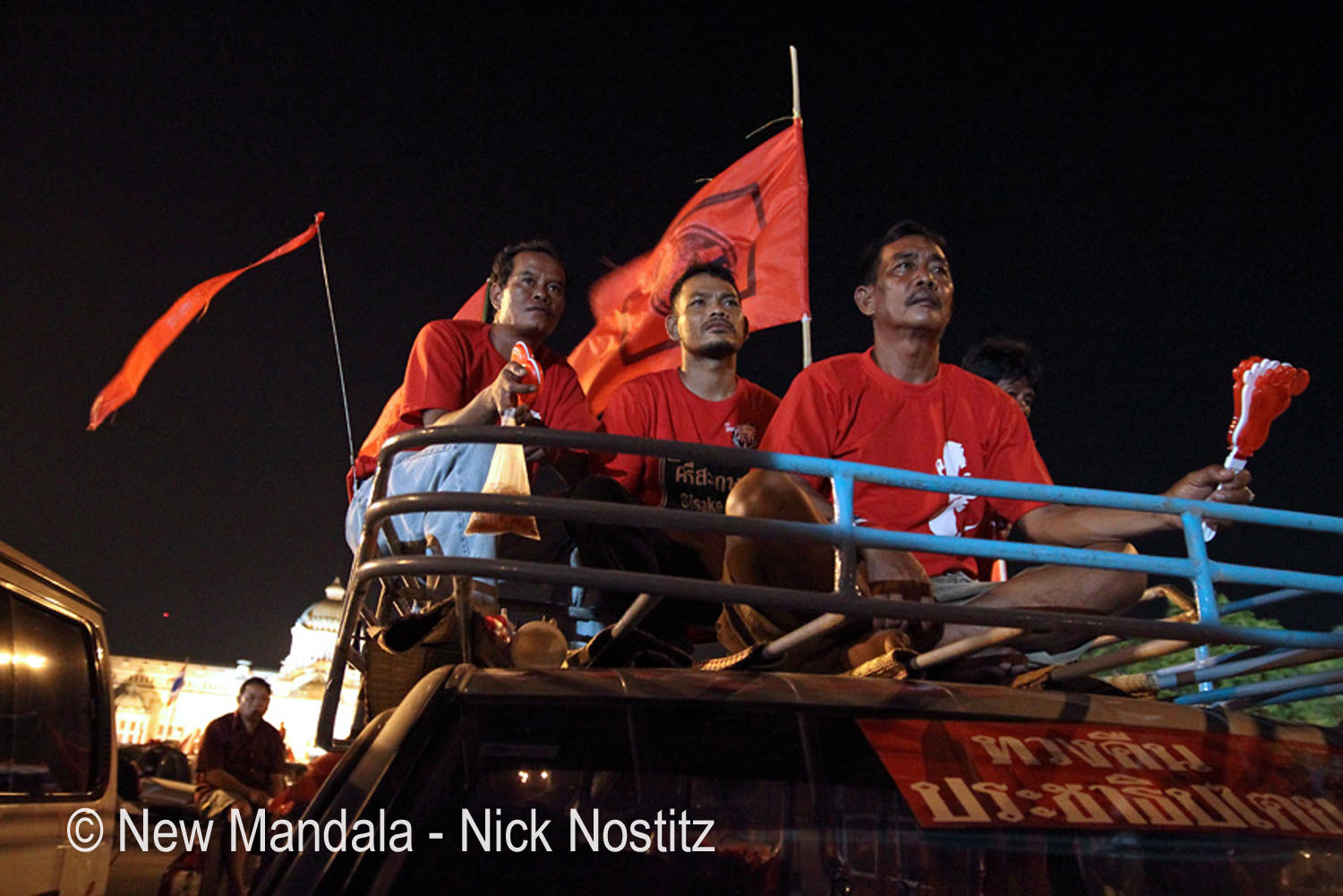During the past week, Thailand has lurched into another round of political drama.
On 31 October 2013 I was discussing with friends the early period in which the “revised version” of the Amnesty Bill was being considered in the parliament. Most of us — University lecturers in the social sciences — were still not certain that the Pheua Thai MPs would try to pass the bill. We thought there was still a good chance that after seeing a glimpse of the huge opposition the bill would face, they would opt to stall it.
Then the surprise came the next morning, the Pheua Thai MPs took just one night to approve the bill, passing it onward to the Senate.
Such a rapid change in the situation has left many keen observers of Thai politics troubled by many questions: what could have sparked Thaksin and the Pheua Thai strategists to embark on such a dangerous mission; what could be the effects of them taking on this route; and what will happen next in Thailand?
It seems too early to know the answers to these questions. Thailand at the moment is back in the proverbial cloud of dust. The current situation made me feel almost like I am back in January 2006, at the time before the coup, when the mega-deal between Shin Corp and Temasek Holdings was struck. Back then, Thaksin was still the Prime Minister, and the movement against him led by Sondhi Limthongkul was struggling to gain momentum. The mega-deal provided a stage for the formation of the People’s Alliance for Democracy (PAD). And most people at the time, I believe, could not foresee the events that would unfold in the subsequent years.
The implications and the effects of the current effort to pass the Amnesty Bill are yet to be fully recognised. Yet, I would like to make an observation on one crucial impact of the current event, which I see as likely to carry significant weight into the future. One of the most important effects of the current effort to pass the Amnesty Bill, I think, lies in the way it has managed to alienate the pro-democratic Red-leaning forces from Pheua Thai.
The group of legal academics known as “Nitirat”, led by Worachet Pakeerat, was quick to point to the unlawfulness nature of the revised version of the Amnesty Bill. Somsak Jeamteerasakul has been expressing his disgust at Pheua Thai’s actions. Even a number of well-known presenters at Voice TV, managed by Thaksin’s son Panthongthae, openly expressed their objections at the bill. While some of the people with a similar profile expressed their dissatisfaction at many of the current movements against the Amnesty, pointing to the misportrayal of the problem as simply the effort to get away from corruption charges; almost none have come out to defend the current version of the Amnesty Bill.
Some may argue that the impact of this group’s departure from supporting Pheua Thai is unlikely to be crucial, simply because their number is small in comparison to the broad-based masses. However, my perspective differs. Despite their small number, I believe that it is their past contributions that have given the Red Shirts movement its ideological legitimacy. Without their roles in highlighting the intrinsic value of democratic principles and rules, and without the sympathy and the understanding they have raised, the Red Shirts could not have earned so much credit for being aligned with the democratisation process in Thailand.
Now, through the attempt to pass the revised version of the Amnesty Bill by Pheua Thai, the bond between Pheua Thai and pro-democratic Red-leaning forces could have been permanently damaged. Furthermore, divisions among the Red Shirts and their sympathisers have already become prevalent in the past days, and they are only likely to be deepened further. The overarching implication of this breaking-down of the coalition, I believe, lies in the way it may signify the end of the Red Shirts as a meaningful political force. With this, one is also left wondering what kind of support, and what kind of claims for legitimacy, would be left for Pheua Thai to resort to in the future.
The situation in Thailand at the moment is highly unpredictable; the Senates may not approve the Amnesty Bill, forcing it to be kicked back into limbo. The Constitutional Court is still yet to have their important say. Thaksin and Pheua Thai have signalled that they may choose to dissolve the parliament if their effort is being stalled. The military remains quiet, but they must have already heard some invitations from Thaksin’s opponents.
It is simply depressing that, having just shown the sign of its return to stability, Thailand has suddenly returned to the turbulence of past years. And it is even more depressing that, despite seemingly findings ways to be heard, the idealist pro-democratic voices would now likely to face an even higher degree of marginalisation by the revival of the broader struggle against Thaksin.
Thorn Pitidol is a lecturer at Thammasat University, Bangkok
 Facebook
Facebook  Twitter
Twitter  Soundcloud
Soundcloud  Youtube
Youtube  Rss
Rss 
